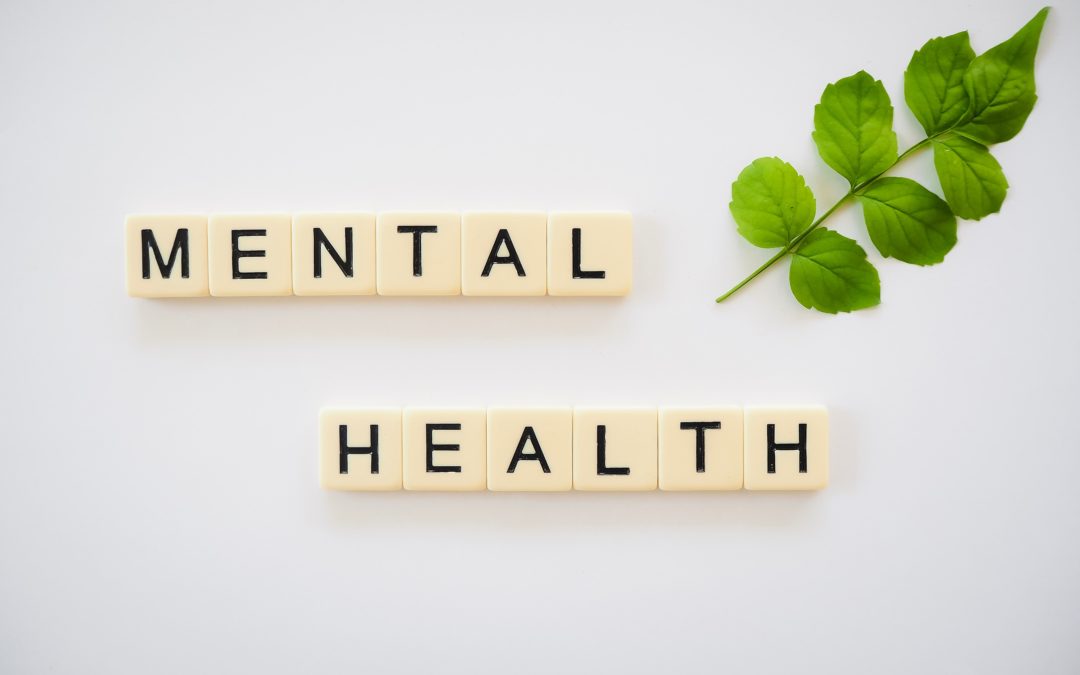Social media has firmly embedded itself in the daily routines of teens, heavily influencing their social interactions, self-concept, and overall wellbeing. Despite offering numerous avenues for connectivity and a multitude of advantages, these platforms also introduce an array of mental health challenges.
One of the biggest concerns with social media is that it can easily affect teenagers’ self-esteem and body image. This is worsened by all the heavily modified content on platforms like Instagram and Snapchat. Adolescents often engage in social comparison on social media, measuring their lives against the seemingly perfect lives of their peers, which can lead to feelings of envy, jealousy, and low self-worth.
Teens often seek validation and self-worth through likes, comments, and shares on their social media posts. This can create a dependency on external validation and lead to feelings of disappointment and anxiety when posts do not receive the desired response. A recent study found that high social media use was associated with lower self-esteem and higher levels of narcissism among adolescents. The need for constant validation can contribute to a fragile sense of self.
Social media platforms are brimming with the highlight reels of others’ lives, creating a fear of missing out (FOMO) among adolescents. This constant exposure to seemingly exciting experiences can lead to feelings of inadequacy and anxiety.
Numerous studies have revealed a strong association between social media usage and internalizing behaviours among adolescents. Those who spent more than three hours per day on social media were more likely to report feelings of loneliness and sadness. Additionally, social media’s 24/7 accessibility can lead to sleep deprivation among younger users. Late-night scrolling and constant notifications can easily disrupt sleep patterns, leading to fatigue and mental health issues.
Unfortunately, the vast digital landscape that teens are exposed to opens up a platform for cyberbullying and online harassment. This can have severe mental health consequences for adolescents. The anonymity and detachment offered by social media often encourages individuals to engage in harmful behaviours.
As a parent or guardian of an adolescent, monitoring of their social media habits is essential for ensuring online safety and supporting overall well-being. This is why platforms like CyberSharp Protect are necessary. It allows parents to protect their children from potential online dangers, identify and address issues like cyberbullying and excessive screen time, and provides opportunities for open communication about online experiences and challenges.
Encouraging open conversations about responsible social media use, promoting digital literacy, and providing resources for mental health support are vital steps in mitigating the negative effects of social media on the mental well-being of our teens.
The impact of social media on the mental health of adolescents is a complex issue, but by understanding these challenges and working collectively to address them, we can help adolescents navigate the digital landscape more safely and confidently.

